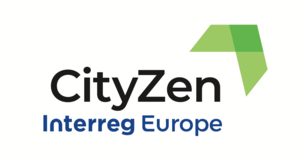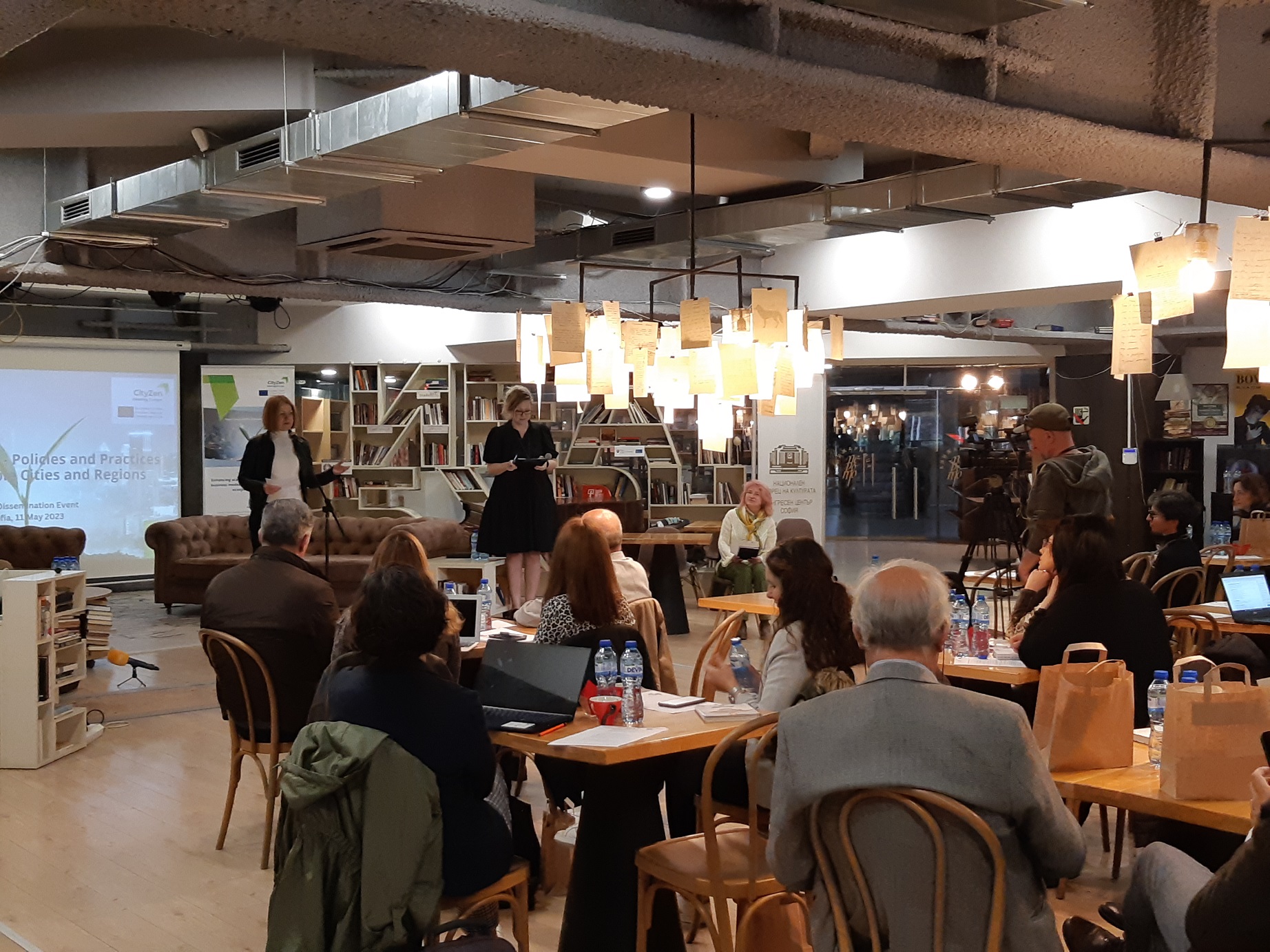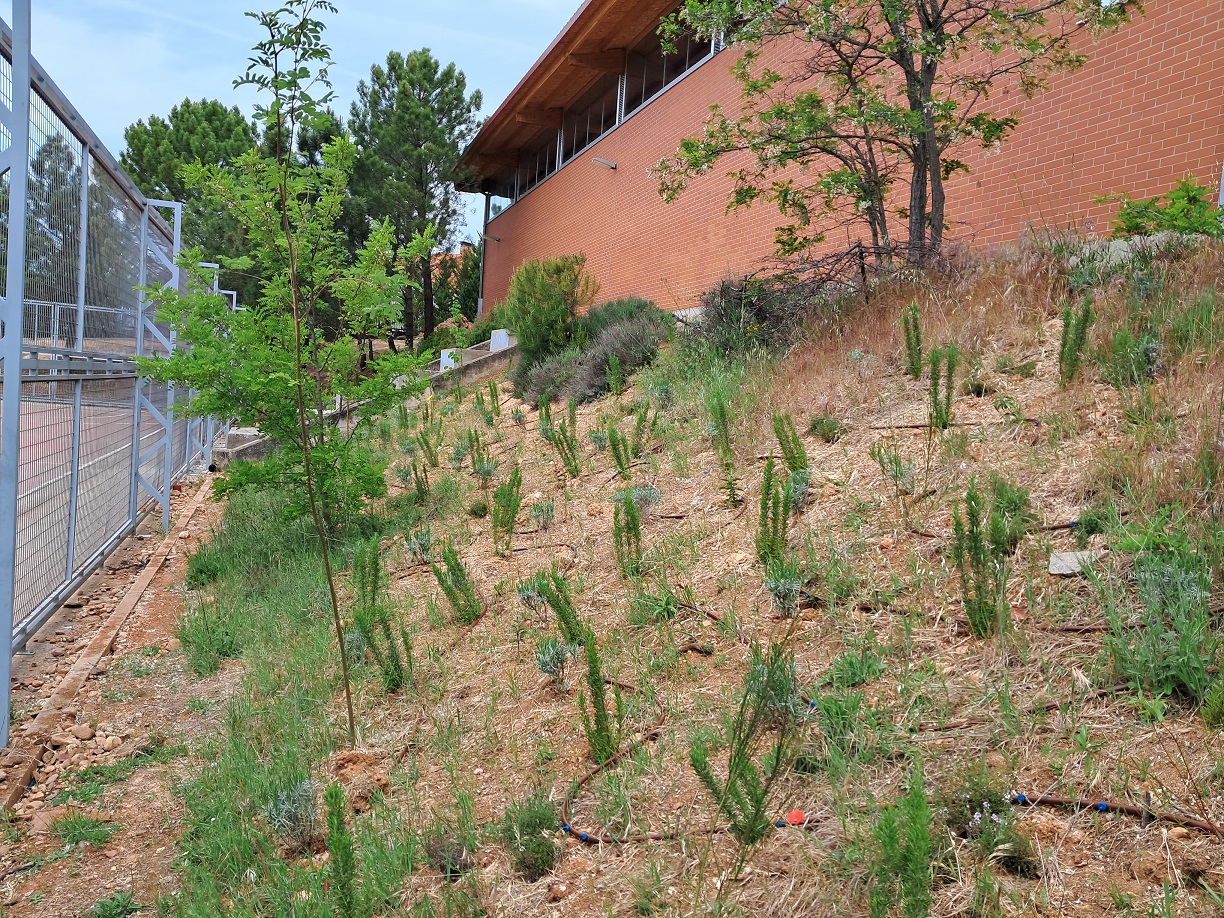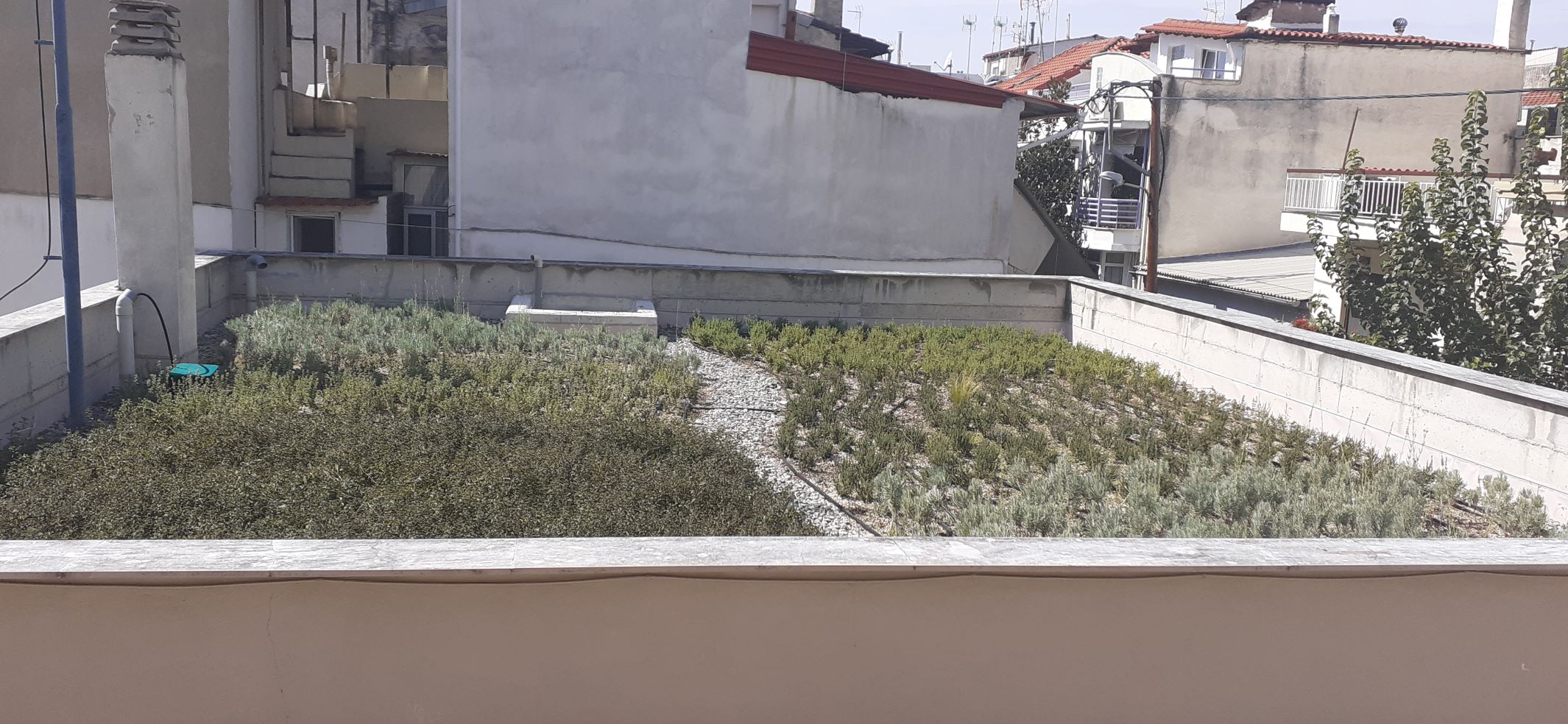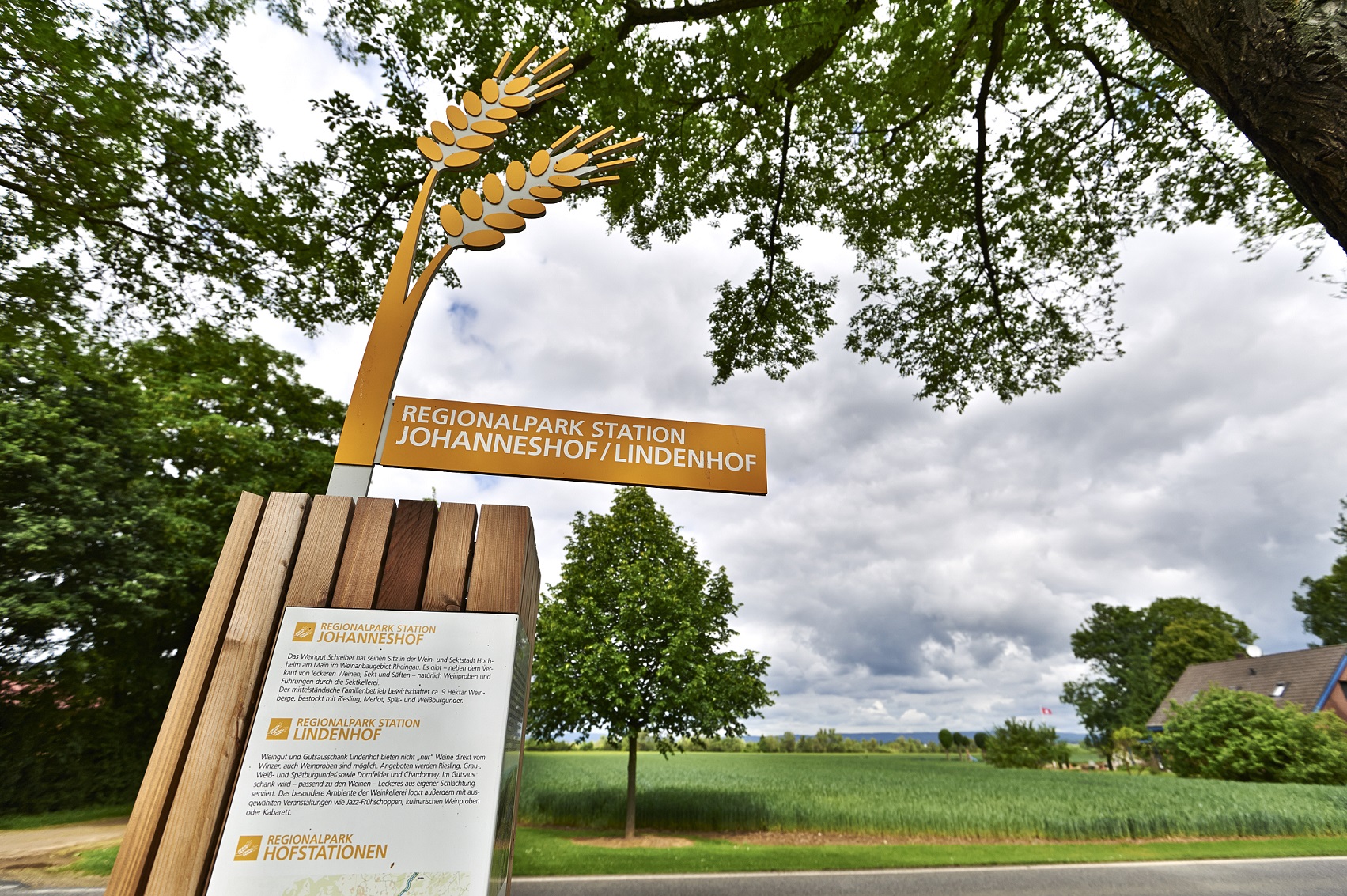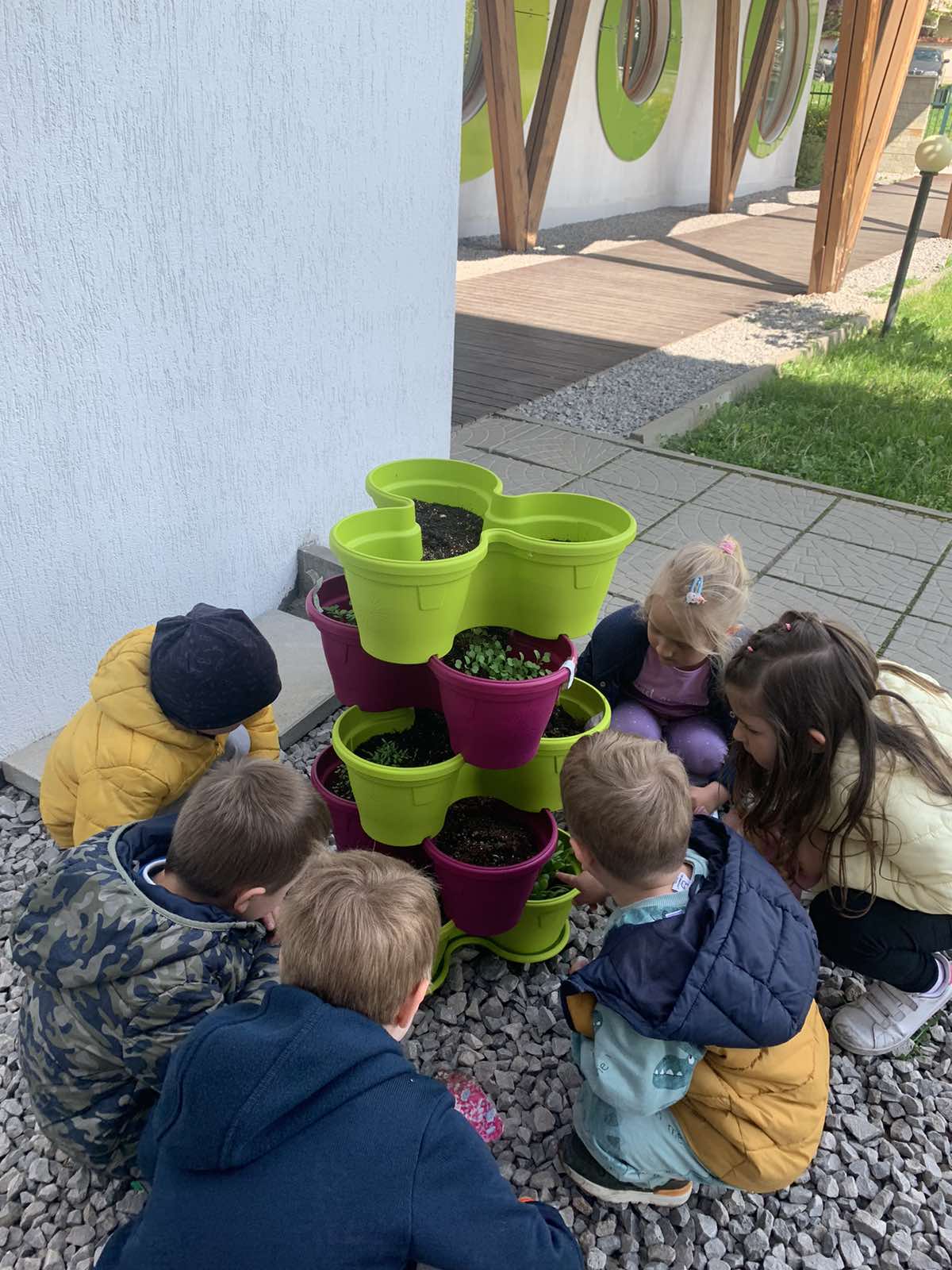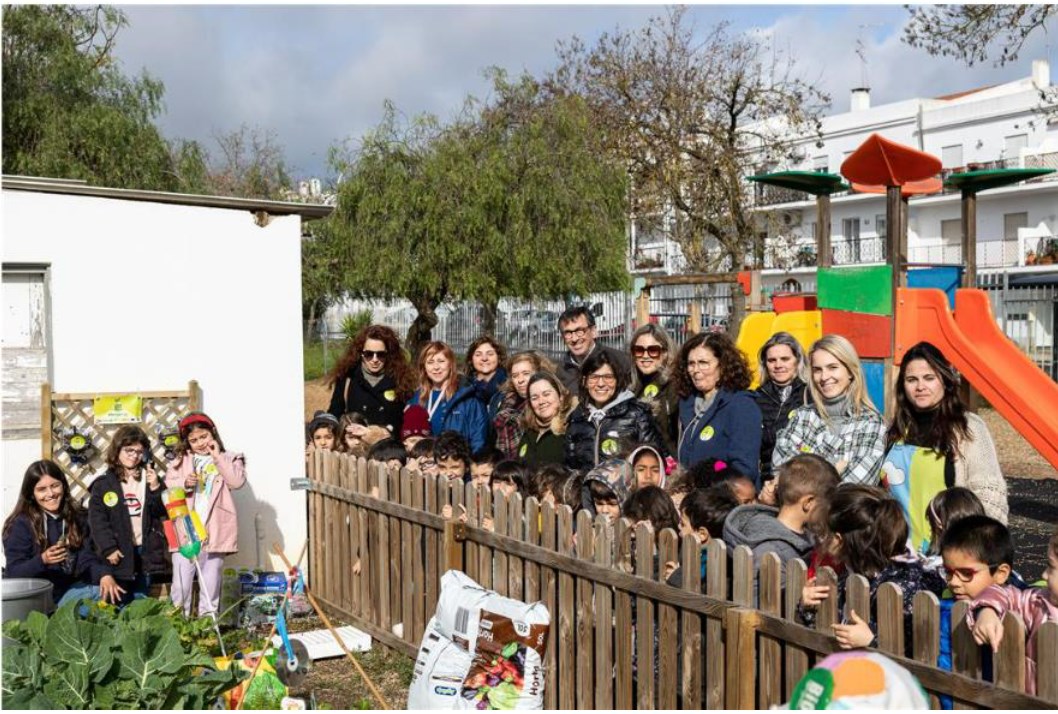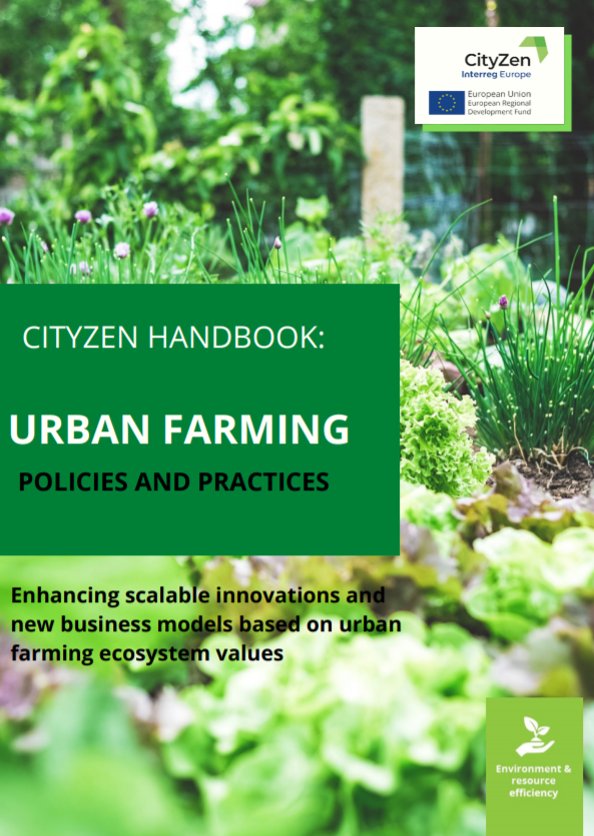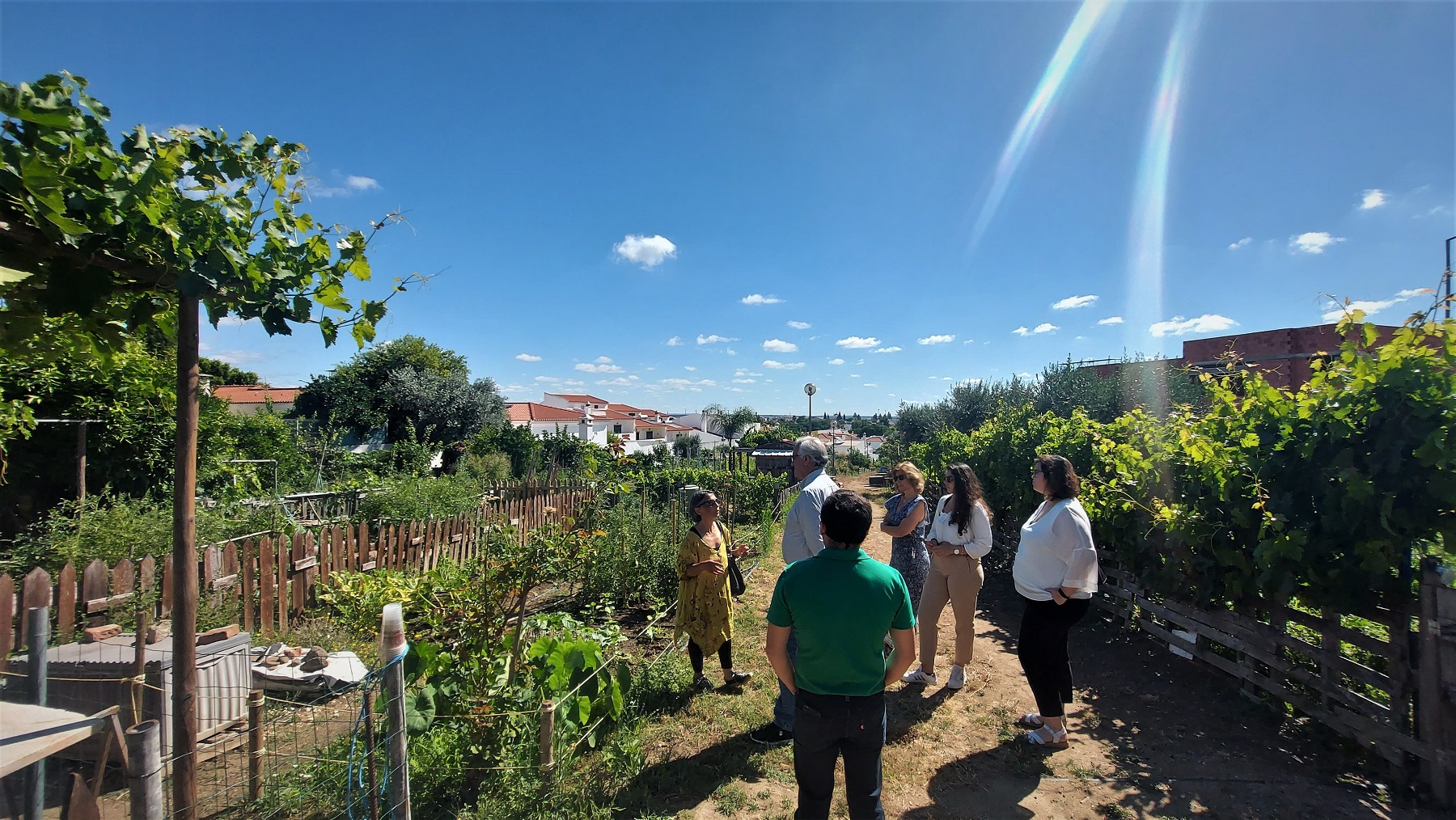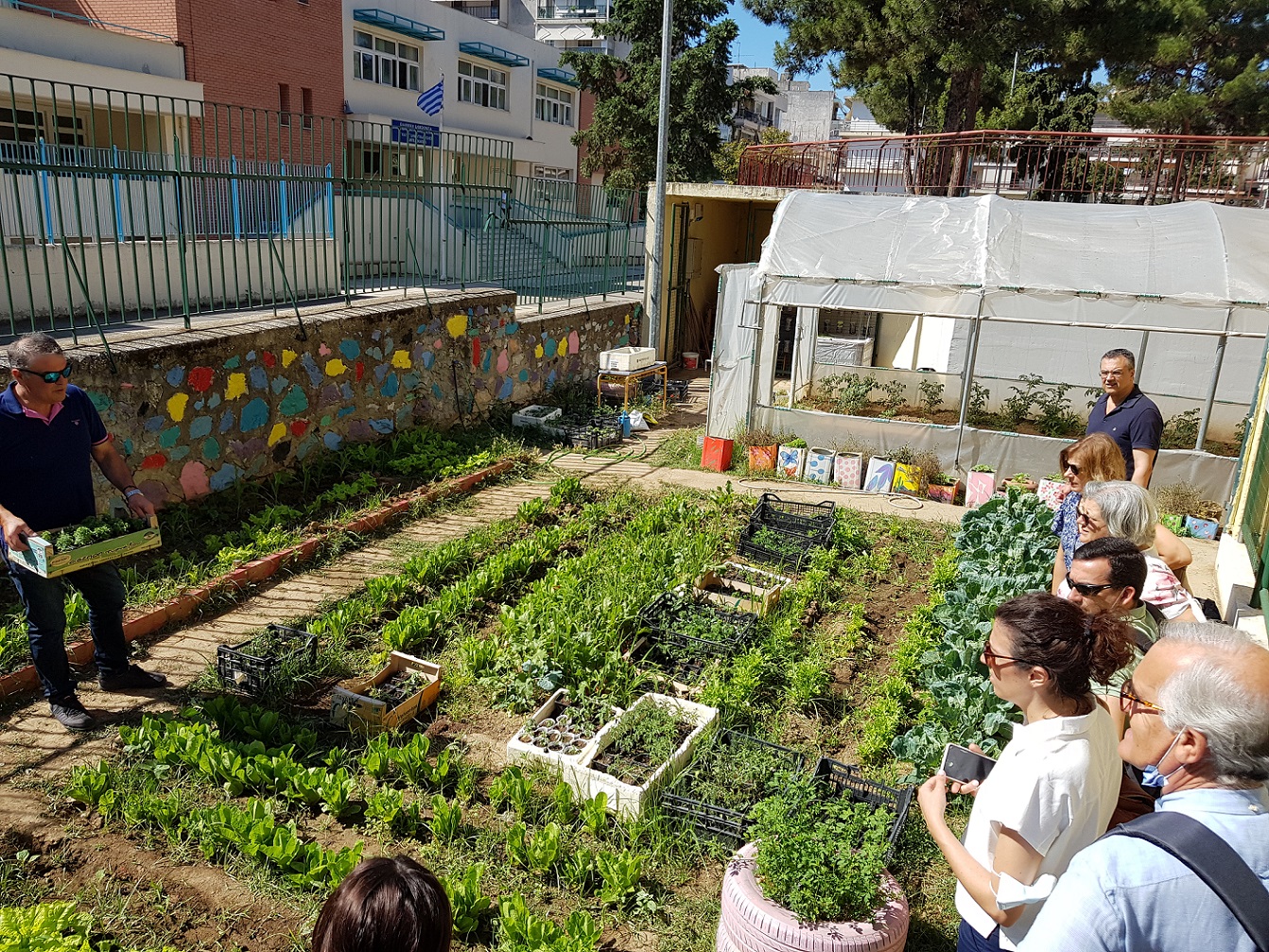After our successful kick-off meeting in Sofia last September, we were looking forward to meet up again in person this spring for our first peer-to-peer workshop. It was supposed to take place on site in the RhineMain Regionalpark area close to Frankfurt, Germany. Due to the COVID-19 restrictions, we of course had to cancel these plans and move the meeting online. On March 31st and April 1st, the Applied Research and Communications Fund (ARC Fund) and the Institute for Rural Development Research (IfLS), welcomed a variety of actors from our partners to regional stakeholders to discuss their specific projects.
On the first day, ARC Fund (Bulgaria) presented their policy instrument ‘Establishment and Development of Regional Innovation Centres’ and key issues they face in the urban farming area. Urban farming is a rather recent phenomenon in Bulgaria and mostly undertaken by NGOs, citizen groups and educational institutions. Therefore, the main questions are how local authorities can be engaged to support urban farming activities and what forms of support are needed to keep the momentum for urban farming as an emerging sector in the region going. The goal is also to find synergies among the diverse actors already working in the field or starting to (civil groups, academics, authorities, innovators, entrepreneurs and investors).
With these insights at hand, all partners shared useful regional experiences and knowledge. Were there similar situations and if so, how were they dealt with? Are there already existing practices that have proven to be successful? The results of these lively discussions will be taken into consideration for the further development of CityZen in Bulgaria.
On the second day, IfLS introduced partners to their policy instrument ‘Framework concept and action plan RhineMain Regionalpark’ and related urban farming challenges. The following discussion focused on ideas of cooperation among all interest groups and multifunctional use of land spaces. As a metropolitan, rapidly growing area, there is huge competition for land among citizens, businesses, infrastructure, agriculture – and recreational spaces, as needed by the Regionalpark. Furthermore, there is a missing understanding and attention of the urban population to agriculture, the needs of farmers and the work they do for and in the area. The last issue IfLS and the Regionalpark want to tackle is to establish and improve contact with farmers, which is complicated due to a lack of time and interest.
Lastly, all partners nominated good practices for both regions. In Sofia, there is an ongoing project for digital mapping of suitable terrains for urban agriculture. In the Regionalpark, farm stations and an educational farm were chosen. The latter are also among the sites we planned to visit in the Regionalpark, which will hopefully happen at a later point.
